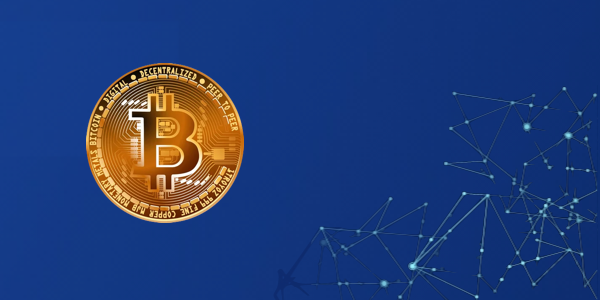-
Noticias Feed
- EXPLORE
-
Blogs
7 Essential Steps to Secure Your Bitcoin Node and Wallet

The Bitcoin network is a decentralized digital asset that relies on a peer-to-peer network to function. Running a Bitcoin node is an essential part of this network, as it helps to secure and maintain the system. However, it's crucial to take a fundamental security approach when running a Bitcoin node on any platform, whether it's Windows, macOS, or Linux. This ensures that your node, wallet, and asset are secure and not vulnerable to any exploits. In this article, we will discuss how a user who runs a Bitcoin node should secure it.
-
Keep your software up-to-date: One of the most crucial steps to securing your Bitcoin node is to keep the software up-to-date. Bitcoin developers continuously release updates to address security issues, bugs, and add new features. Always ensure that you have the latest version installed on your system.
-
Use a strong password: When setting up your Bitcoin wallet, make sure you use a strong password that is difficult to guess. Avoid using easily guessable passwords like "password123" or your name. Use a combination of uppercase and lowercase letters, numbers, and symbols to create a secure password.
-
Enable Two-factor Authentication: Two-factor authentication adds an extra layer of security to your Bitcoin wallet. It requires you to provide an additional piece of information, such as a code sent to your phone, to access your wallet. This way, even if someone gets hold of your password, they cannot access your wallet without the second factor of authentication.
-
Keep private keys offline: Keep your private keys offline in a hardware wallet. This way, your private keys are not exposed to the internet, and hackers cannot access them remotely. Hardware wallets are designed to store assets offline and offer an added layer of security.
-
Use a VPN: When running a Bitcoin node, always use a Virtual Private Network (VPN) to connect to the internet. A VPN encrypts your traffic and hides your IP address, making it difficult for hackers to track your activities and compromise your system.
-
Monitor your node: Regularly monitor your Bitcoin node and check for any unusual activity or traffic. This helps you to detect any attacks or attempts to compromise your system.
-
Backup your data: Always backup your data regularly. In the event of a security breach, you can restore your data and avoid losing any asset or important data.
In conclusion, securing your Bitcoin node is crucial to ensure that your wallet and assets are secure and not vulnerable to any exploits. By following the above steps, you can ensure that your Bitcoin node is secure and your asset is safe from hackers and attackers. Always remember to keep your software up-to-date, use a strong password, enable two-factor authentication, keep private keys offline, use a VPN, monitor your node, and backup your data regularly.
- Aspiration
- Banking
- Bitcoin
- Blockchain
- Centralization
- Crypto Asset
- Decentralization
- Educación
- Fiat Currency
- Inspirational
- SATS
- Technology
- Trade
- Traditional Finance
- Web 3
- Web 5
- Web/Cyber
- Web/Cyber/Hack
- Web Evolution
- Web/Internet
- Web/Wellness
- Web/Internet/Other


